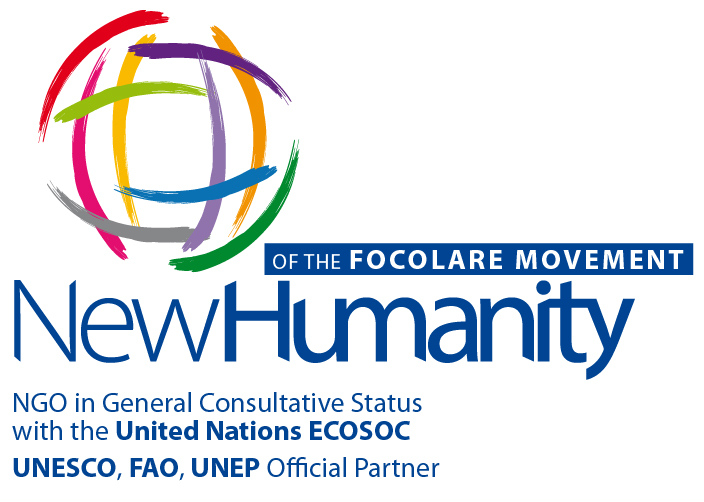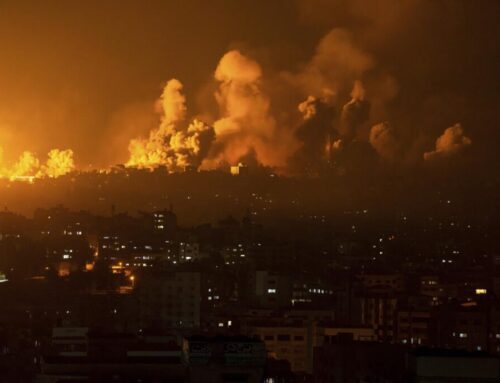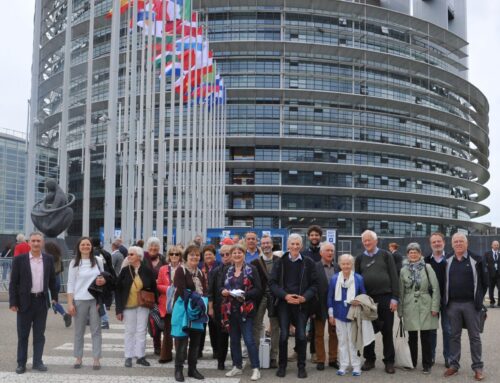Daniela Ropelato – 6 April 2021
“For a new quality of politics” is the title of the Appeal that is being drafted in these weeks with the contribution of many members of Mppu around the world. The idea was born last December when we agreed to use a participatory methodology to draw up a sort of identity card for our political commitment today, an appeal to those who work in politics, which could highlight some shared key points.
But how to understand the concept of “quality”? Why did we decide to give specific emphasis to this multifaceted dimension? The first version of the document states: “We believe that quality politics is possible, capable of profoundly innovating the declining democracy of many countries and inspiring new instruments of participation and representation, overcoming cynicism and disinterest”.
Talking about political quality is complex and can lead to misunderstandings if there is no reference framework to define the term. How do we assess the quality of political events, the quality of a deliberation, or of its impact on a city, a group, a policy? What decides the quality of our engagement in the public sphere?
Two initial remarks. Our demand for the renewal of politics has crossed the horizon of quality above all because it represents a multidimensional and open idea. In public life, seeking the quality of messages, of decisions, of results, means first of all setting oneself a horizon that has never been definitively reached. There is always greater quality ahead of us: of the content in terms of priority choices, but also of the procedures used, electoral mechanisms, representation, decision-making processes… This is one of the main ideas that the Appeal wants to convey: “We need better politics: not perfect politics, ideologically predetermined, but the best every day, accountable, capable of listening and studying, competent, effective…”.
Saying quality, moreover, also means recognising different frameworks that everyone looks at, drawing on their own ideal vision, which challenge us to elaborate our diversity while maintaining solid frames of reference to be shared; the recognition of people’s fundamental rights, in my opinion, is one of these. The search for quality, therefore, becomes fertile and produces encounter, dialogue, progressive refinement of choices and results: “Let us multiply the laboratory spaces in which citizens, administrators and legislators can together cultivate their different skills”.
This is not, therefore, a concept that remains on the surface of the renewal of politics to which we are committed. The theoretical perspective of political science adds value to this observation. Today, focusing on the best conditions – the quality – of forms of government is no longer the sole task of political philosophy, which has always been concerned with studying the ‘best government’. By studying the phenomenon of democratisation, political science has also moved from the dynamic processes of transition – the historical events that mark the passage from one institutional regime to another – to the characteristics that define an accomplished democratic order.
Analysing in detail the conditions under which the institutions function, and hence the ‘optimisation’ of the various political functions, is no longer an accessory chapter, but has become an asset in itself, on the one hand to address the growing dissatisfaction in Western democracies, and on the other to accompany the free self-determination of peoples who aspire to full democratic expression.
I refer here to the definition of ‘quality democracy’ proposed by Leonardo Morlino and Larry Diamond in 2004. In the productive world, the performance of goods and services is measured according to three different notions of quality:
- the compliance with precise characteristics of form and functioning,
- the ascertainment of controlled construction techniques,
- consumer satisfaction.
If the same parameters – content, procedure and result – are applied to political facts, equally decisive control conditions come to light. This time, political quality is decided by:
- five procedural dimensions: compliance with the law, electoral and institutional accountability, participation and competition;
- two substantive dimensions: respect for rights and increasing social and economic equality;
- a dimension that measures the result, namely the ability of rulers to respond to citizens’ demands.
The proposal has a specific strength, which is now subject to international debate in its articulation, confirming the need for a common reference framework, composed of a series of precise indicators. It is also a qualitative approach that supports the solid work of research centres such as Freedom House, International IDEA, Economist Intelligence Unit: the various indices that provide us with annual reports (…): its declination in political action offers surprising possibilities, it becomes intelligence and criterion of evaluation, creative link and resilience, proximity and strategic horizon”.
Nothing abstract, on the contrary; keeping this scenario in mind leads us to pay even more attention to the paths and tools we experiment with. An example. Morlino himself considered with interest the fact that one of the experiences matured within the MPPU – a stable laboratory of dialogue between elected politicians and electing citizens, in support of parliamentary work and administrative life in the cities – translated, in a comparable way, the democratic dimensions that we hold most dear.
And why not imagine being part of this operation with our own specific contribution? “Universal fraternity is the north” before these studies came out, precisely that demand for accountability which quality demands from a procedural point of view.
It is not out of place, then, that political science defines democracy as an object in motion, coagulating ideas and ideals that come essentially from life, from the continuous test-bed that is the history of peoples: “still being invented” (Schattschneider, 1969). We are all responsible for this, different experiences and knowledge that accept the challenge and, first and foremost, weavers of that “human quality” which, in the end, precedes and exceeds the political-institutional order.





